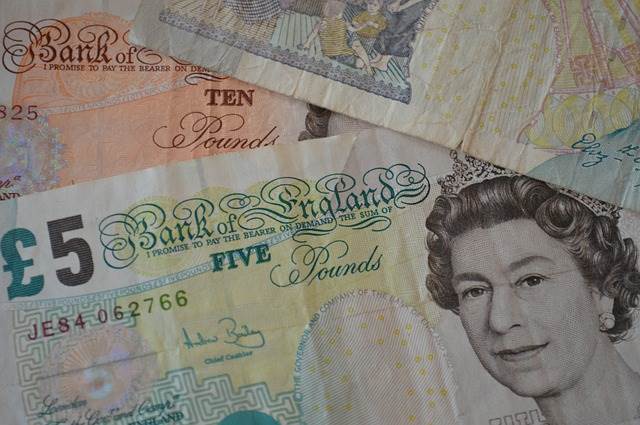 No country is able to operate at a fiscal deficit. The money that a country spends in excess of the receipts it takes in taxes and as income from fixed assets must be balanced by borrowing (this is the current account deficit). At the end of the financial year, the net sum of the months in which borrowing exceeds receipts is added to (or rarely, subtracted from) the national debt. The national debt (like any loan) is serviced by paying interest to creditors on the amount outstanding.
No country is able to operate at a fiscal deficit. The money that a country spends in excess of the receipts it takes in taxes and as income from fixed assets must be balanced by borrowing (this is the current account deficit). At the end of the financial year, the net sum of the months in which borrowing exceeds receipts is added to (or rarely, subtracted from) the national debt. The national debt (like any loan) is serviced by paying interest to creditors on the amount outstanding.
For the month of October, the UK government’s current account deficit was £11.2 billion. In comparison with the situation 12 months earlier, this was an increase of £2.3 billion over the year. This type of data is often compared on a year-to-year basis (i.e. October 2019 vs October 2018) since the ebb and flow of receipts and debts tends to be similar in terms of obligations and it provides a snapshot of if the nation’s finances are improving, or not.
The UK is in an election period now. Traditionally, such periods are characterised by the big-ticket expenditure items that parties vying to form an administration put in their manifestoes to seduce voters into giving them their support. The ruling Conservative Party always claims to be financially prudent, insisting that the nation must “live within its means” which was the reason given for the years of austerity measures following the Global Financial Crisis. Therefore, the October figures make grim reading for them.
In the current financial year, from April, borrowing is running at £46.3 billion, roughly 10% higher than at the same time in 2018. The national debt is running at a shade under £1.8 trillion, the equivalent of 80% of the nation’s GDP. The UK is outside of the Eurozone, of course, and currently planning to leave the EU entirely. However, this level of debt exceeds one of the convergence criteria for participation in the Euro which sets the maximum permissible level of national debt for a member at 60% of their GDP.
Both major parties in the UK have unveiled manifesto promises which, if enacted, would significantly increase public borrowing
